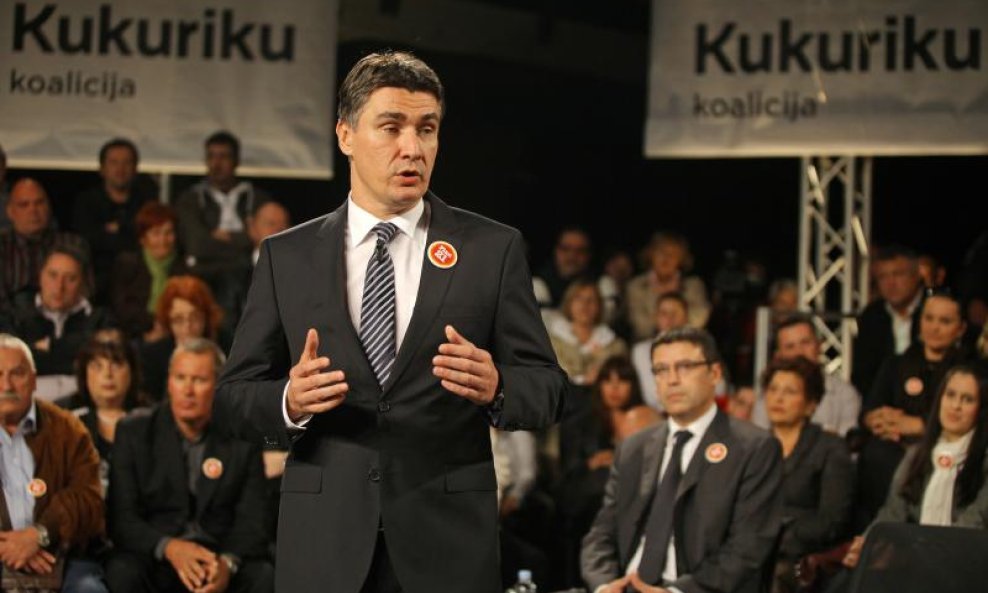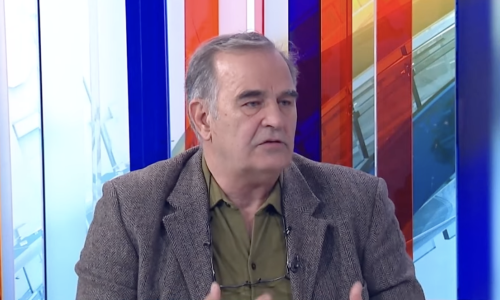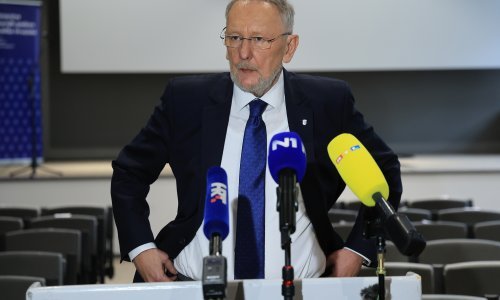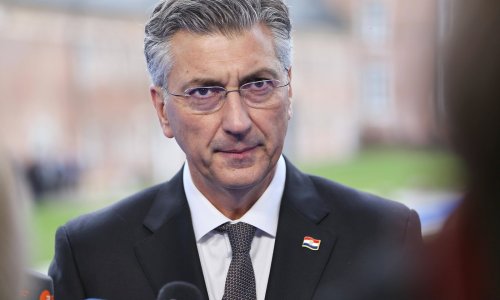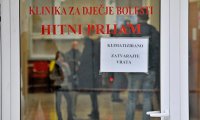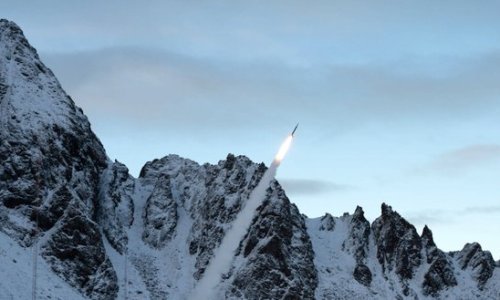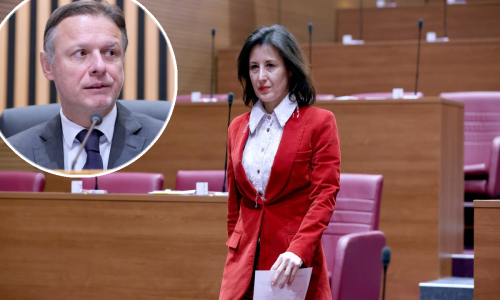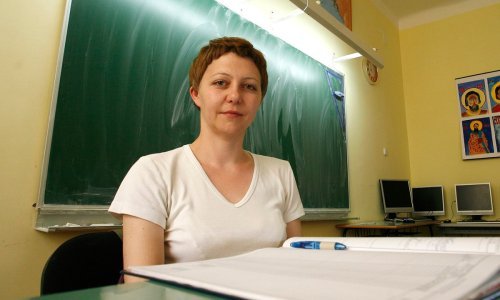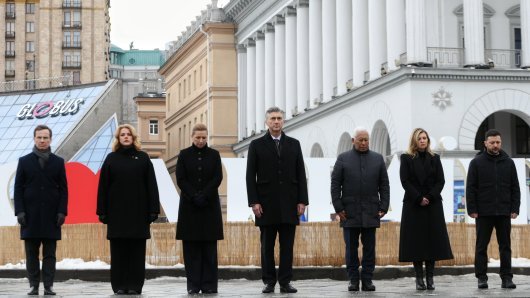Speaking of social policy and economy as envisaged by the election platform of the opposition coalition led by the Social Democratic Party (SDP), SDP leader Zoran Milanovic said in Sisak on Wednesday that if it won the forthcoming elections, the coalition would help the local Zeljezara Sisak steel mill to continue operating.
The state must create conditions to attract both domestic and foreign investors, Milanovic said while speaking about the steel mill, whose owner, the US company CMC, has decided to sell or close down the plant.
Speaking of the International Monetary Fund, Milanovic said the opposition coalition was not shunning the IMF but that it would rely on its own forces. "There is no IMF in the coalition's platform. We want to conduct economic and fiscal policies and we also want to influence, in line with Croatian legislation, the monetary policy," he said.
The SDP's coordinator for Constituency No. 7, SDP vice-president Milanka Opacic, spoke about the coalition's social programme, saying that employment was the best way of overcoming poverty and the basis of a successful social policy.
Constituency No. 7 covers the southwestern part of Zagreb County, Karlovac County, the eastern part of Primorje-Gorski Kotar County, and the southwestern, western and southern parts of the City of Zagreb.
Opacic said that order should be made in the system of social care, that the number of children in foster care should be increased, and that foster parenthood should be promoted.
She said the coalition planned to make order in the system of social benefits as well, introduce social entrepreneurship, make the procedure for child adoption easier, etc.
Asked by members of the public what would happen with the Zagreb-Sisak highway project, Croatian People's Party (HNS) leader Radimir Cacic said that the project was not the smartest one, but that it would be completed.
There were smarter solutions, but they were not recognised, he said, adding that he was referring to railways.
Cacic said that creating conditions for the employment of young, competent people would result in greater budget revenues from which pensions, among other things, were paid. Pensions will be maintained at the current level and their growth will depend on the country's economic potential, he said.



